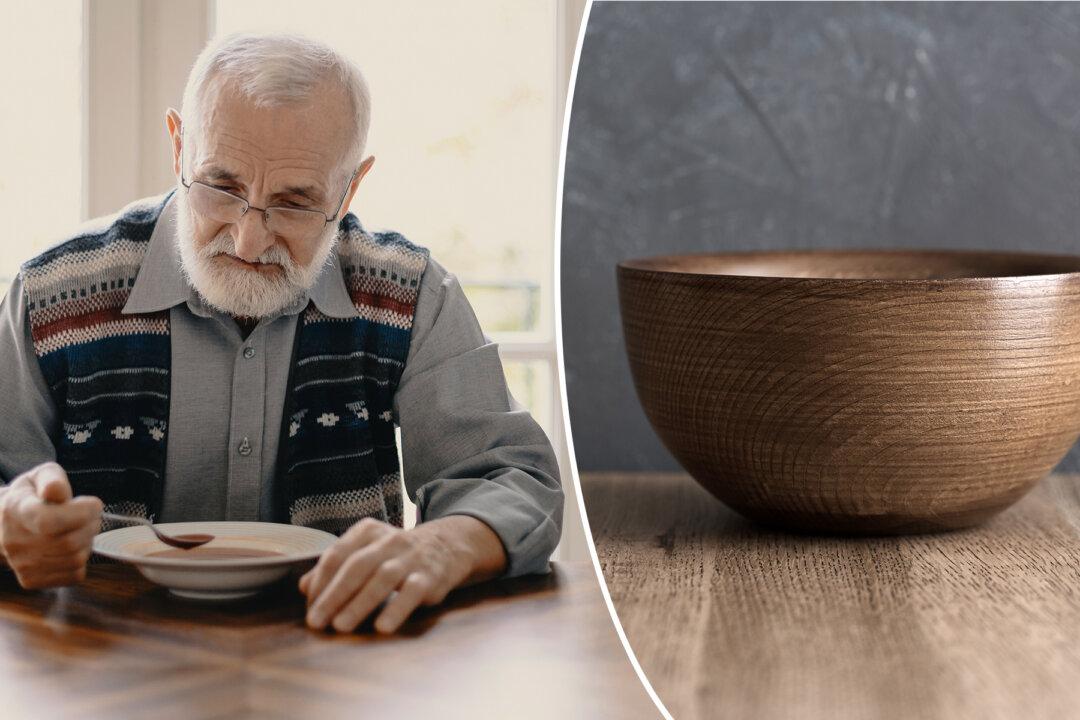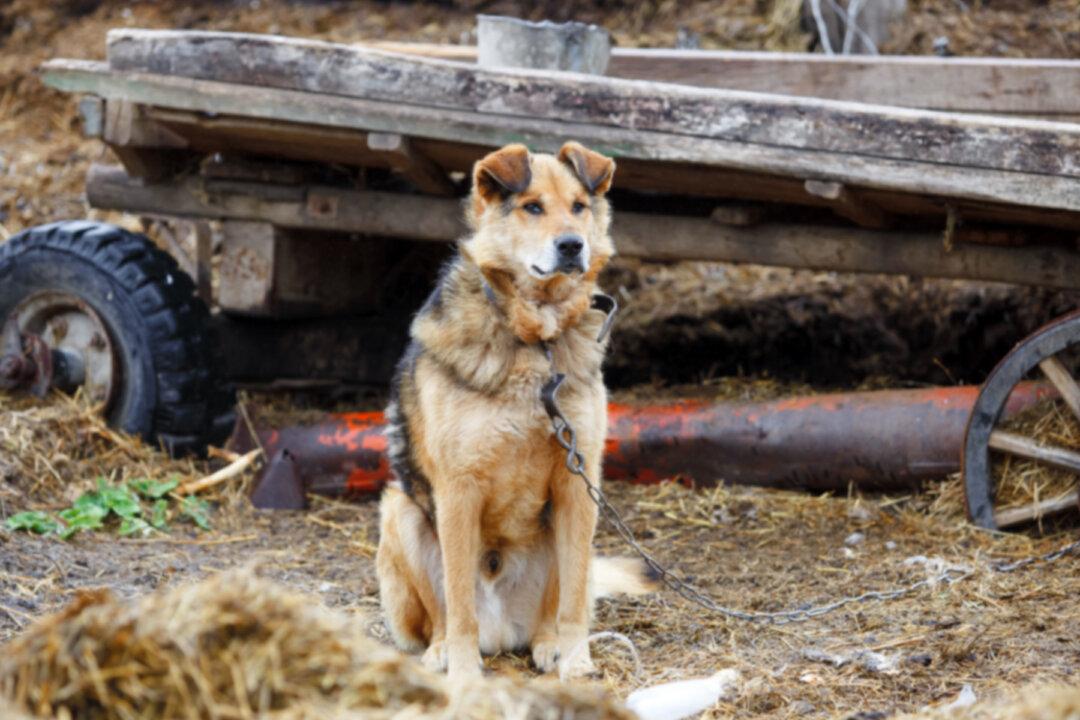Words of Wisdom aims to highlight important morals, which we feel our readers will benefit from reading. We hope you enjoy this fable.
“How one generation loves, the next generation learns.” Did you know that children learn most by observing and emulation? If you treat your own parents with love and respect, your child will most likely do the same for you. Here, we retell the story The Wooden Bowl, which best exemplifies this belief.





